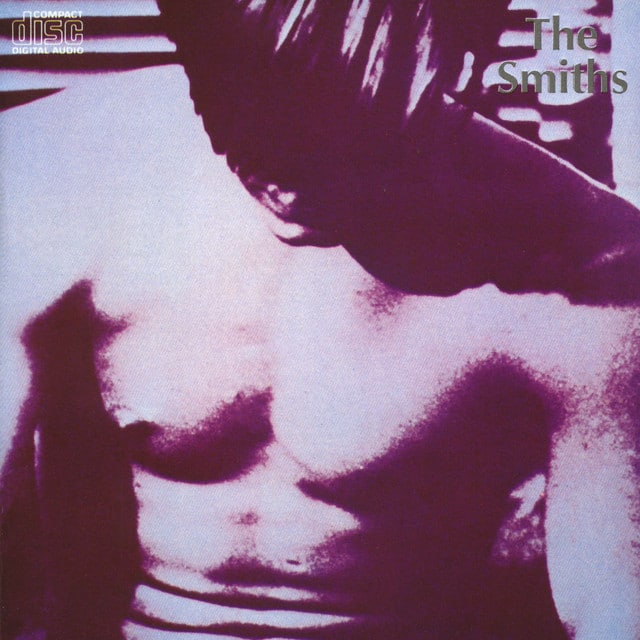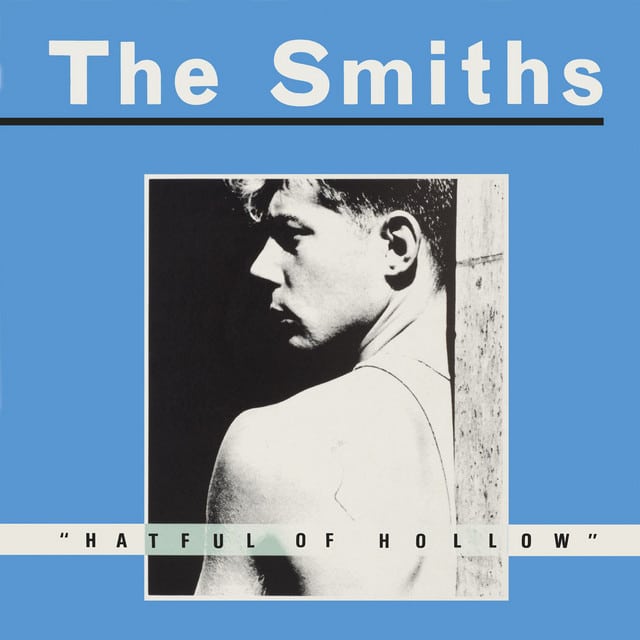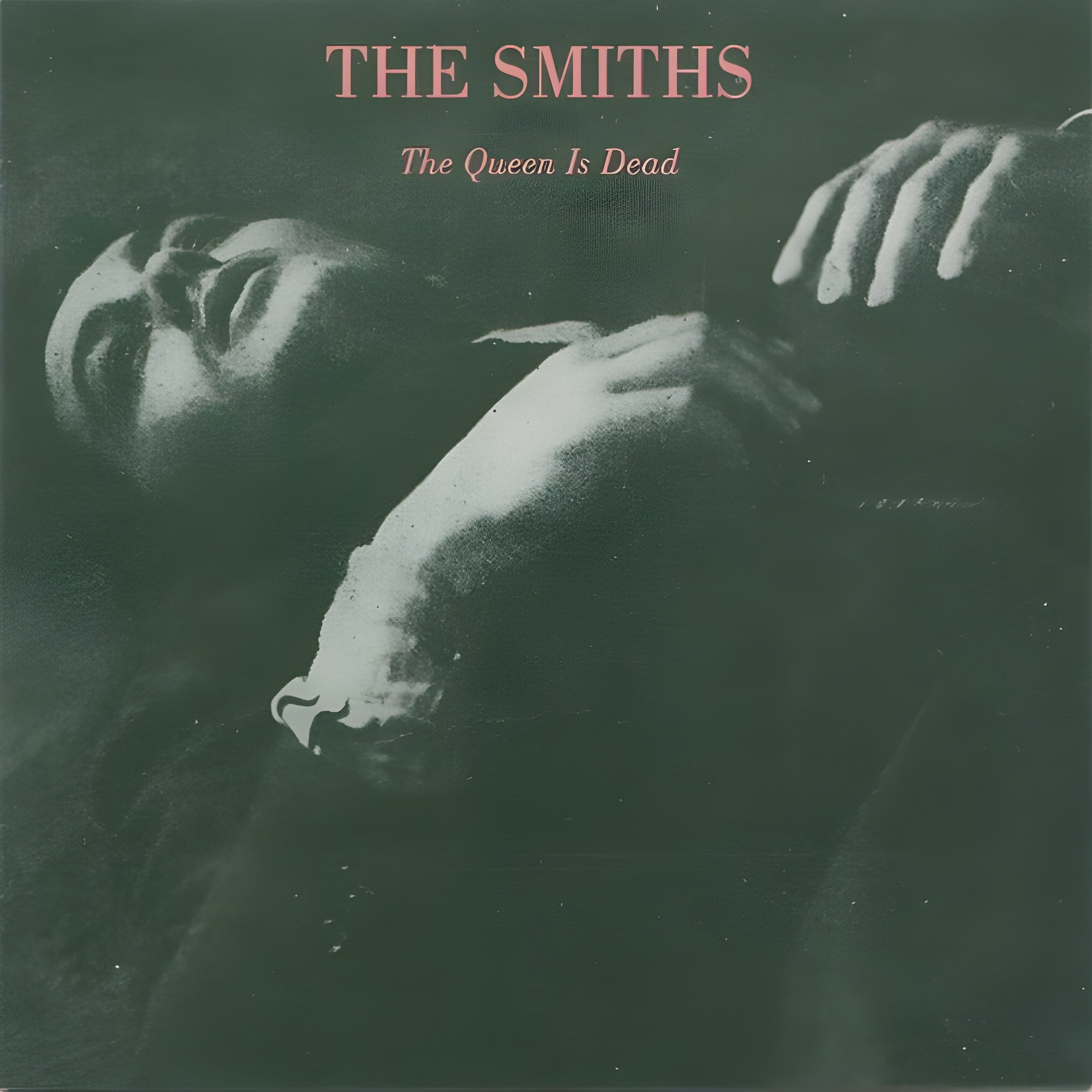Released: 1984
“This Charming Man” by The Smiths is a masterclass in jangly guitar work and Morrissey’s distinct lyrical storytelling. At first glance, it’s a song about a young man who gets a lift from an older, more experienced man after a bicycle puncture, but as with many Smiths songs, the layers unfold to reveal themes of class difference, longing, and the complexity of human nature versus societal expectations.
The song opens with vivid imagery: a “punctured bicycle on a hillside desolate,” immediately evoking a sense of loneliness and vulnerability. This places our protagonist in a scene that feels almost out of time, a situation that prompts introspection. The rhetorical question “Will nature make a man of me yet?” dives into the heart of the song’s existential reflection, pondering whether experiencing life’s trials is what truly forms one’s character and identity.
Enter “this charming man” in his car. The car is not just a car, and the man is not just a man. They represent a gateway to experiences and lifestyles that the protagonist finds both alluring and alien. The lyric “Why pamper life’s complexities / When the leather runs smooth on the passenger seat?” juxtaposes the simplicity and luxury associated with higher social standing against the protagonist’s own, more tumultuous existence. There’s an undertone of longing for a different life or perhaps for a brief escape from one’s own.
Feeling socially inadequate is a recurring theme in Morrissey’s work, and it’s encapsulated here with “I would go out tonight, but I haven’t got a stitch to wear.” It’s a lamentation that goes beyond clothing to reflect a deeper sense of not belonging, of not measuring up to the social and economic standards set by others.
The character described as a “jumped-up pantry boy” who “never knew his place” introduces the class consciousness that permeates much of The Smiths’ catalogue. Here, Morrissey plays with the idea of knowing one’s societal role, the pressures to conform to it, and the rebellious act of questioning it. The advice to “return the ring” speaks volumes about societal expectations, relationships, and the weight of commitment, suggesting a wisdom or perhaps cynicism that comes with experience.
The repetitive chorus featuring the line “This charming man” serves as a haunting refrain, almost dreamlike, that underscores the entire encounter. It’s as if our protagonist is continually circling back to this figure, this moment that has left an indelible mark on him.
By the song’s conclusion, we’re left with a rich tapestry of themes—social class, youth and experience, longing and belonging—all woven together by Morrissey’s unique lyrical prowess and Johnny Marr’s unforgettable guitar riffs. “This Charming Man” is a song that refuses to be pinned down, asking listeners to read between the lines and find their own meaning in its jangle.








